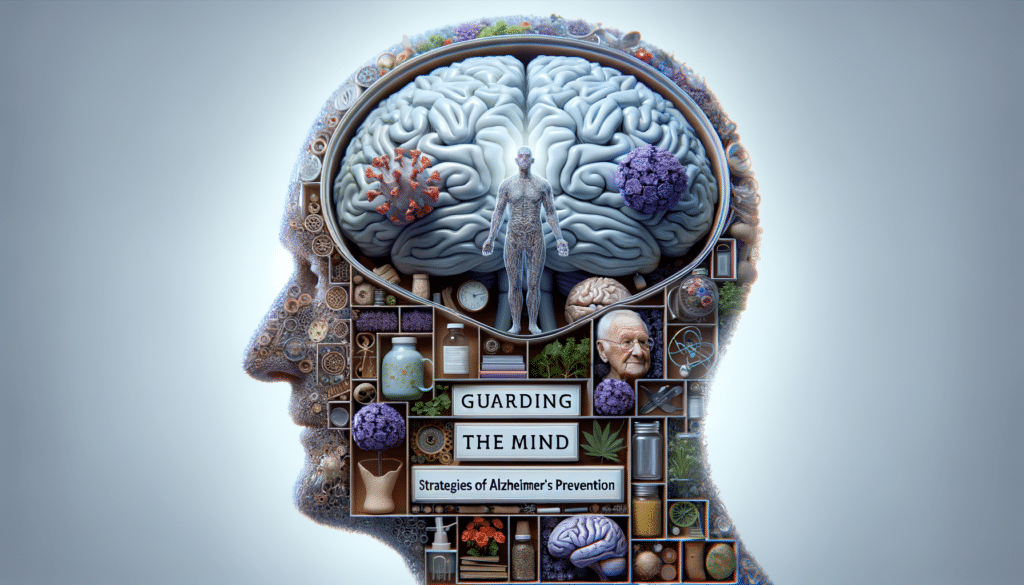Introduction to Dementia
Dementia is a progressive neurological disorder that affects cognitive functions such as memory, thinking, and reasoning. It is not a single disease but a term that encompasses various conditions characterized by cognitive decline. Understanding the signs of dementia is crucial, as early detection can significantly impact the quality of life for those affected and their families. With an aging global population, the prevalence of dementia is increasing, making awareness and education about its symptoms more important than ever.
Memory Loss and Cognitive Decline
Memory loss is often one of the earliest and most recognizable signs of dementia. However, it is important to differentiate between normal age-related memory changes and those indicative of dementia. In dementia, memory loss is more severe and persistent, interfering with daily life and activities. Individuals may forget important dates, events, or repeatedly ask for the same information. Additionally, they may rely heavily on memory aids or family members for tasks they previously managed independently.
Other cognitive declines include difficulties in planning or solving problems. Individuals may struggle with following a familiar recipe or keeping track of monthly bills. This decline in cognitive abilities can lead to challenges in completing daily tasks, which previously posed no issue.
- Key Fact: Memory loss in dementia is more severe than typical age-related forgetfulness.
- Key Fact: Cognitive decline can affect problem-solving and planning abilities.
Communication Difficulties
Communication issues are another hallmark of dementia. As the condition progresses, individuals may find it increasingly difficult to engage in conversations. They might struggle to find the right words, repeat themselves, or lose track of the conversation. This can lead to frustration and withdrawal from social activities.
The ability to write and read may also be impacted. Individuals might find it challenging to follow a storyline or understand written instructions. These difficulties can significantly affect their ability to maintain relationships and manage daily tasks.
- Key Fact: Communication issues can lead to social withdrawal and isolation.
- Key Fact: Writing and reading abilities may decline as dementia progresses.
Behavioral and Mood Changes
Dementia can lead to significant changes in mood and behavior. Individuals may experience mood swings, becoming easily upset or anxious. They might also exhibit personality changes, such as becoming suspicious, fearful, or depressed. These changes can be challenging for caregivers and family members to manage.
In some cases, individuals may develop behaviors such as wandering, aggression, or restlessness. Understanding these changes as symptoms of dementia, rather than intentional actions, is crucial for providing compassionate care and support.
- Key Fact: Mood swings and personality changes are common in dementia.
- Key Fact: Behavioral changes can include wandering and aggression.
Conclusion
Recognizing the signs of dementia is essential for early intervention and management. Memory loss, cognitive decline, communication difficulties, and behavioral changes are key indicators that warrant further evaluation by healthcare professionals. Early diagnosis can lead to better planning and support, improving the quality of life for individuals with dementia and their families. As awareness grows, it is important to continue educating communities about dementia to reduce stigma and promote understanding.





